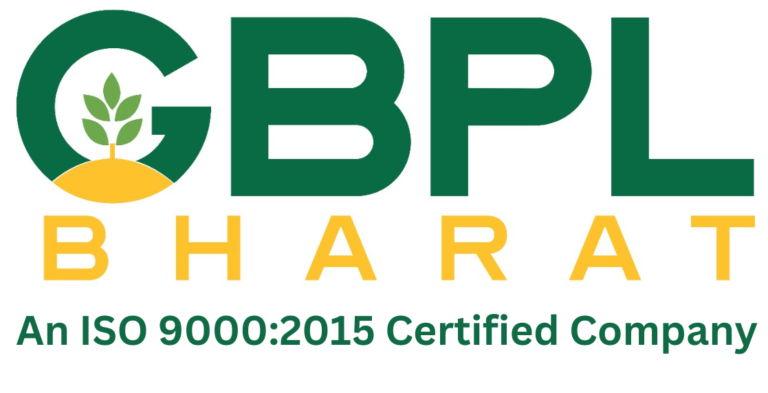How Boron helps in crop yield
Boron (B) is a micronutrient critical to the growth and health of all crops. It is a component of plant cell walls and reproductive structures. It is a mobile nutrient within the soil, meaning it is prone to movement within the soil. Because it is required in small amounts, it is important to deliver B as evenly as possible across the field. Traditional fertilizer blends containing B struggle to achieve uniform nutrient distribution. Despite the need for this critical nutrient, B is the second most widespread micronutrient deficiency problem worldwide after zinc.
Role of Boron in Crop Production
Boron plays a significant role in crop development and growth, resulting in a direct impact on yield quality and quantity. It is essential in building cell walls and membrane structures and maintaining various functions such as movement of sugar, pollination and seed generation. As a micronutrient that does not easily move in the plant, boron must be continuously taken up by the crop throughout its growth cycle. If an insufficient amount is available, the crop becomes deficient, therefore, hindering your yield potential.

Boron Deficiency Symptoms
Most crops are not able to mobilize B from vegetative tissues to actively growing, meristematic plant tissues such as shoots, root tips, flowers, seeds or fruits. Rather, B transport occurs primarily in the xylem channel, resulting from transpiration. Because of this, deficiency symptoms first develop in newly developed plant tissue such as young leaves and reproductive structures.


Comments are closed.